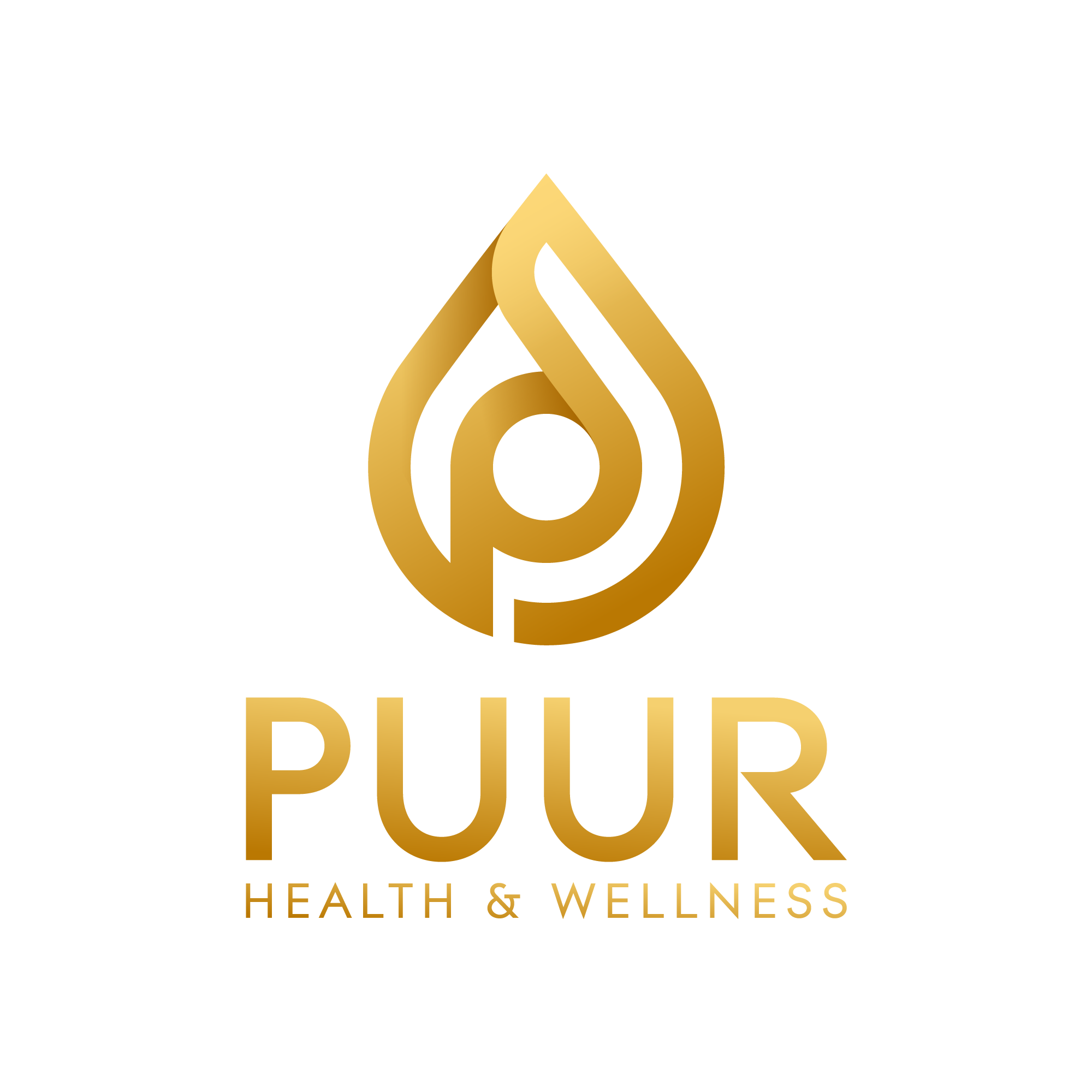So, menopause has come and gone, and you’re wondering if hormone replacement therapy (HRT) is still an option. Maybe you initially decided against it, or perhaps you’ve found the symptoms are lingering longer than you expected. The question, ” can you start hormone therapy after menopause?” is a common one, and it’s understandable to want to explore all your options. Let’s delve into what you need to know, especially if you’re feeling the heat in Houston’s humid climate.
Understanding the Timing: Early vs. Late HRT
The timing of when you begin HRT can make a difference. Traditionally, doctors have often recommended starting HRT closer to the onset of menopause, known as early HRT. But what about later on? Can you start hormone therapy after menopause if it’s been a few years, or even longer?
The answer is, it’s possible, but it depends. There are a few things to consider:
Years Since Menopause: The longer it’s been since your last period, the more cautious doctors tend to be. This is because the body’s response to hormone replacement can change over time, and the risks associated with HRT may increase with age.
Your Health History: Your overall health and any existing medical conditions, such as cardiovascular disease, blood clotting disorders, or a history of certain cancers, play a significant role in determining the safety and suitability of HRT. A complete and detailed medical history is essential.
Symptoms and Severity: The type and severity of your menopausal symptoms are also important factors. If your symptoms are significantly impacting your quality of life, your doctor may consider HRT even if you are further out from your last menstrual period. They will assess how much the symptoms are affecting your daily life.
The Pros and Cons of HRT: Weighing the Benefits and Risks
Before making any decisions about HRT, it’s vital to understand the pros and cons of HRT in a balanced and comprehensive way. Like any medical treatment, HRT has potential benefits and risks that need to be carefully weighed.

Pros:
Symptom Relief: HRT can effectively alleviate hot flashes, night sweats, and vaginal dryness, significantly improving your comfort and well-being. This can lead to better sleep, improved mood, and increased energy levels.
Bone Health: It can help prevent osteoporosis and reduce the risk of fractures, especially in women who are at increased risk of bone loss. This can help maintain mobility and independence as you age.
Quality of Life: For some women, HRT can significantly improve their overall quality of life by reducing bothersome symptoms and enhancing their sense of well-being. This can lead to increased confidence, improved relationships, and a more fulfilling life.
Cons:
Increased Risk of Blood Clots: Especially when taken orally, HRT can increase the risk of blood clots in the legs or lungs. This risk is generally higher in women who smoke, are overweight, or have a history of blood clots.
Increased Risk of Stroke: Particularly in older women or those with certain risk factors, such as high blood pressure or a history of cardiovascular disease. The risk is generally considered low, but it increases with age.
Increased Risk of Certain Cancers: Such as breast cancer, with prolonged use of combined estrogen and progesterone HRT. The risk is generally small, but it increases with the duration of use.
It’s crucial to discuss these pros and cons with your doctor in detail, considering your individual risk factors and preferences, to make an informed decision that is right for you
Considerations for Late HRT: What You Need to Know
If you’re considering starting HRT after menopause, especially if it’s been several years since your last menstrual period, here are some key points to keep in mind for a safe and effective approach:
Increased Risk of Side Effects
Starting HRT later in life may increase the risk of certain side effects, such as blood clots, stroke, and cardiovascular issues. This is because the body’s response to hormone replacement can change over time, and the risk of these complications generally increases with age. A thorough assessment of your cardiovascular risk factors is essential.
Lower Doses
Your doctor may recommend a lower dose of hormones to minimize risks and reduce the potential for side effects. This approach allows for a gradual introduction of hormones and a more personalized treatment plan, taking into account individual sensitivity and response.
Route of Administration
Transdermal HRT (patches or gels) may be preferred over oral HRT, as it bypasses the liver and may reduce the risk of blood clots and other liver-related side effects. Transdermal administration also provides a more consistent release of hormones into the bloodstream, minimizing fluctuations.
Regular Check-ups
Close monitoring by your doctor is essential to ensure your safety and well-being, especially during the initial stages of HRT. Regular blood pressure checks, lipid profiles, and mammograms are crucial for early detection of potential complications.
So, when asking can you start hormone therapy after menopause, it’s not a simple yes or no. A thorough consultation with your doctor is essential to weigh the risks and benefits based on your individual health profile.
Talking to Your Doctor: The First Step
If you’re experiencing bothersome menopausal symptoms, even years later, it’s important to talk to your doctor. They can assess your individual risk factors, including your age, medical history, and lifestyle, and help you decide if HRT is right for you. Don’t hesitate to ask questions and express your concerns, no matter how small they seem. Your doctor is your partner in this journey.
Beyond HRT: Alternative Approaches
If HRT isn’t the right fit for you, or if you prefer a more natural approach, there are other ways to manage menopausal symptoms, offering a holistic perspective:
Lifestyle Changes
Regular exercise, a healthy diet rich in fruits, vegetables, and whole grains, and stress management techniques like yoga or meditation can help alleviate symptoms like hot flashes, mood swings, and sleep disturbances. These changes are a great starting point for managing menopause naturally.
Non-Hormonal Medications
Certain medications, such as selective serotonin reuptake inhibitors (SSRIs) or gabapentin, can help with specific symptoms, such as hot flashes or vaginal dryness, without the use of hormones. These medications can be a good option for women who cannot or choose not to use HRT.
Herbal Remedies
Some women find relief with herbal supplements, such as black cohosh or soy isoflavones, but it’s important to talk to your doctor before trying any new remedies, as they can interact with other medications or have side effects. Your doctor can help you assess the safety and potential effectiveness of these remedies
Staying Informed: Empowering Your Choices
Navigating menopause can be a complex journey, and it’s essential to stay informed about your options. Understanding the risks and benefits of HRT, as well as alternative treatments, will help you make the best decisions for your health.
At Puurhw, we are dedicated to providing women with the resources and information they need to make informed choices about their health. We understand that menopause is a unique experience, and we are here to support you every step of the way.
Read also: Benefits of Testosterone Replacement Therapy for Women
Final Thoughts
To reiterate, can you start hormone therapy after menopause? Yes, you can, but it is a decision that needs to be made on a case by case basis with your physician. It is important to remember that there are many options to help with menopausal symptoms. It is vital to find which option works best for you. By working closely with your doctor and exploring all available options, you can find the right approach to managing your menopausal symptoms and improving your quality of life. Remember, your health is your priority, and you deserve to feel your best.


